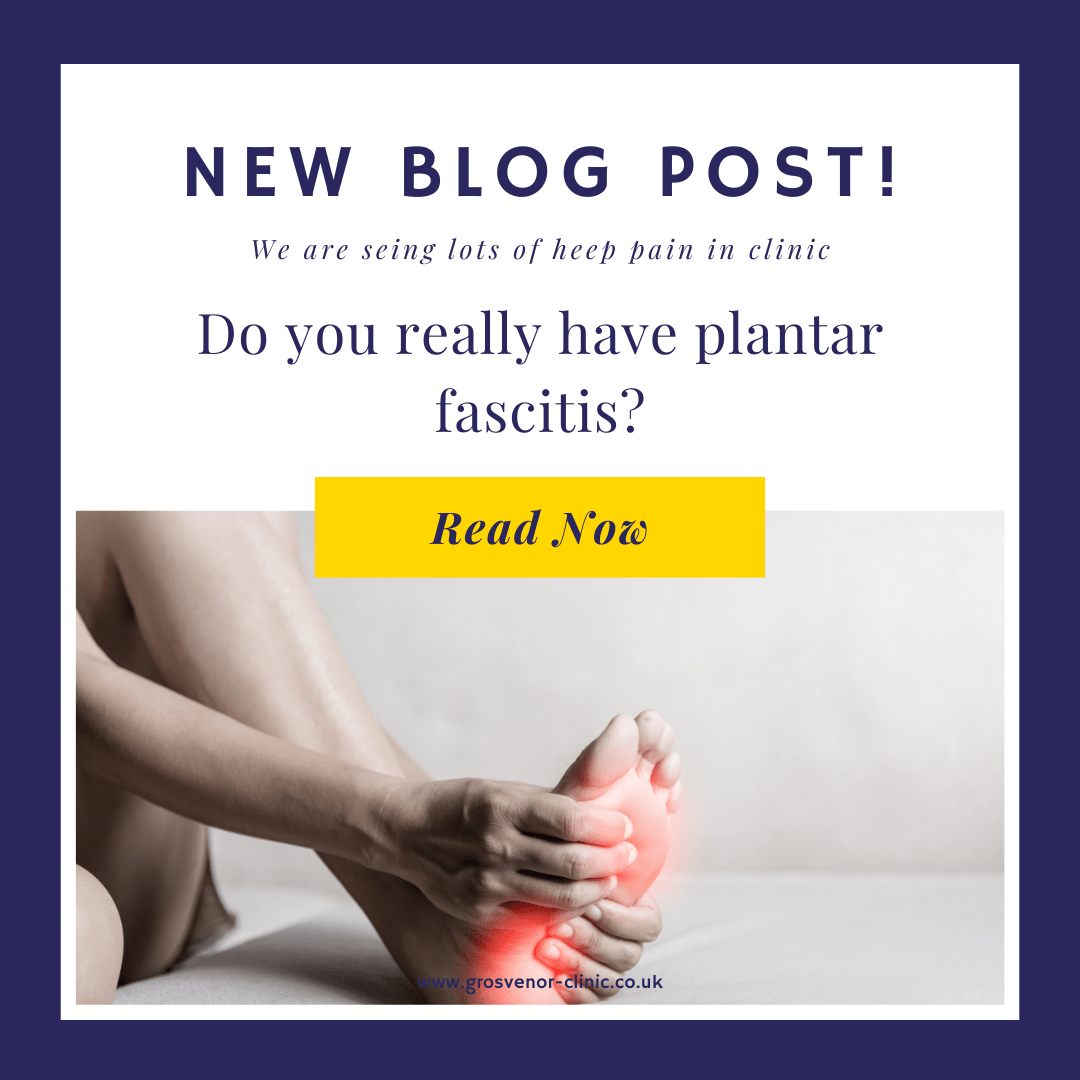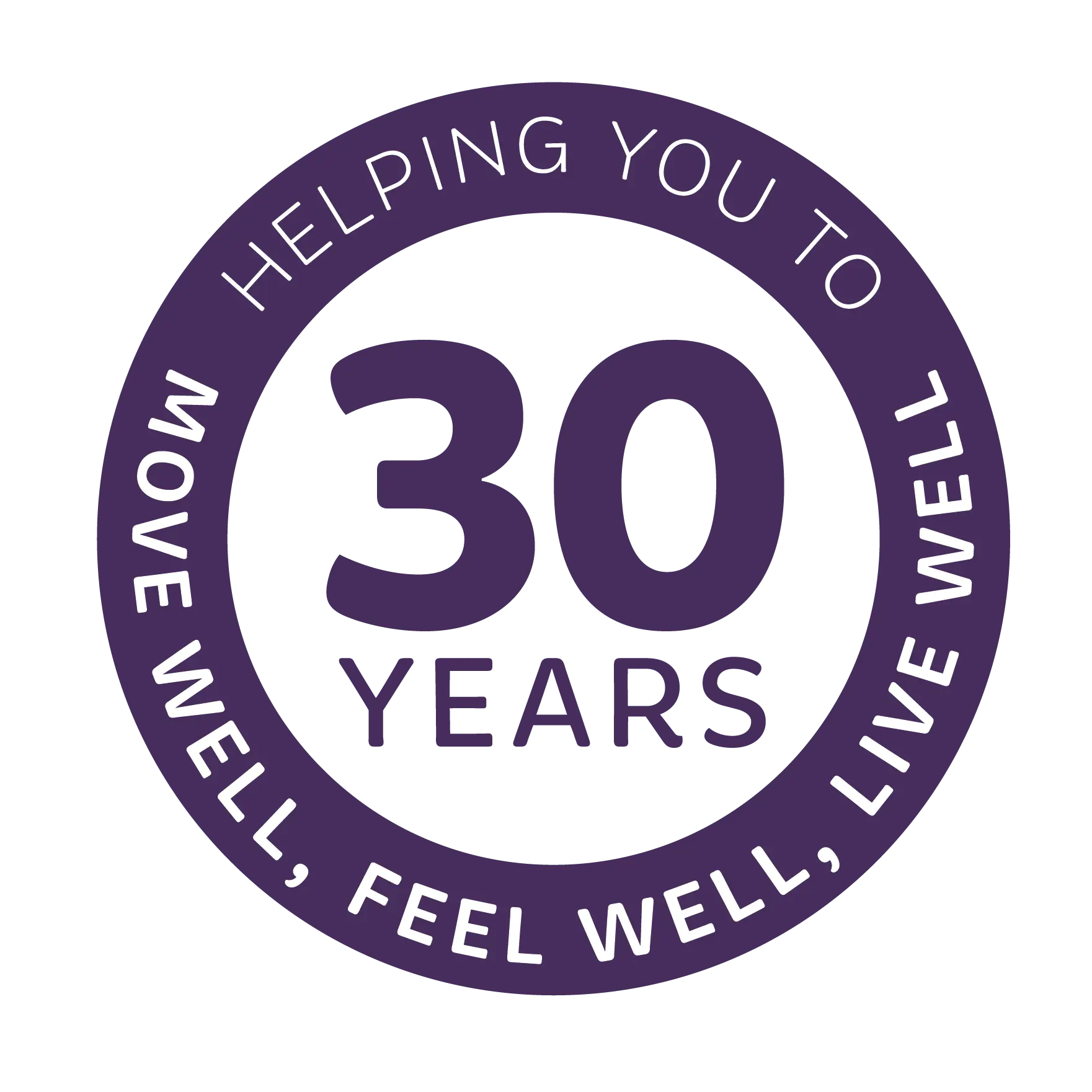This is the service that you didn’t know you needed!!!
There is a certain acceptance at stages in our lives and after certain life events that changes and symptoms relating to our pelvic, vaginal and bladder health are normal. They are very common but not normal and should not be accepted as such.
-
1 in 3 women will experience incontience at some point in their lives. Even a little leak is a leak too much.
-
75% of women leak during pregnancy & 45% still leak 7 years later.
-
Incontinence statistics in post menopausal women are also significantly high and they need not be.
-
50% of women over 50 will also experience some level of prolapse.
There is often stigma and embarrassment associated with these conditions and as much as I don’t like the tena lady adverts as it normalises and creates acceptance of the issue it has also given us a platform to get the conversations started around the issue. I have nothing against pads or Tena lady as they are a nessecity at times in our lives but urinanry incontinence in particular has shown to be extremely responsive to Physiotherapy and is the first line of treatment backed by NICE guidelines. Physiotherapy has so much to offer in regards to treatments and it can help you ditch those pads, remain confident and active.
As a Womens Health Physiotherapist I am able to help with a whole range of issues. Urinary incontinence being the one I see most often. There are several types of incontinence and treatment will be devised dependent on the type. I could talk alot about the subject but is probably best to do a completely seperate blog post about each of the major conditions I see.
This is a summary of what I can help you with and how to book and what to expect from your appointment.
Do you have or are worried about any of the following?
-
Stress incontinence – do you leak when coughin, laughing or exercising?
-
overactive bladder – do you need to go frequently and have real urgency and worry about not making the toilet in time? It’s not all about squeezing those pelvi floors its about learning how to relax them too.
-
prolapse – this is when the pelvic wall and one or more of the pelvic organs desends
-
post natal care – advice on returning to exercise, diastis recti, continence issues
-
scar tissue management – c-section, tears or episiotomy does it cause discomfort urinating, opening your bowels, sitting or having sex?
-
diastisis recti – advice , assessment and treatment of your abdominal wall
-
vaginal health – post – natal or menopausal
-
bowel health – advice on constipation and going to the toilet
-
post menopausal incontinence and vaginal health
IF THE ANSWER IS YES TO ANY OF THE ABOVE THEN BOOK AN APPOINTMENT TODAY FOR HELP/ADVICE AND RE-ASSURANCE
APPOINTMENTS
When booking an appointment just ask for a womens health physiotherapy appointment – we will not ask you any details about your conditions over the phone.
Initital assessment and treatment is 60mins £67 and any follow ups 30mins £43
All information about what to expect when attending the clinic can be found on our blog page what to expect from your face to face consultation. It will also be explained over the phone. You will recieve a confirmation email of your appointment with our registration form and COVID-19 screening form links in – just click the link and complete the forms before your appointment.
YOUR ASSESSMENT
What it will consist of will depend on your reason for attending.
We will discuss your issues and concerns and I will ask some questions to get further details. We will discuss what your goals are, what you would like to achieve. Please be prepared to talk freely. There is nothing we haven’t heard.
A physical assessment may consist of postural assessment, looking at your lumbar spine and hip movements and strength, feeling your tummy to check for tenderness, seperation/scar mobility, internal vaginal assessment for prolapse/pelvic floor activation (if you are not comfortable with this then the information gained from other aspects of the assessment are really helpful and we can plan from this. However for full assessment and individualised plan internal assessments are very helpful. You maybe given a bladder diary to complete as this gives us a lot information regarding your bladders habits.
There can be a lot to take in the first time so all information, advice, exercises will be sent to you in a follow up email.
Additional Support
There are some great supportive apps and places to get good information from:
Follow us on Instagram and Facebook as I often post information on Wednesdays called Womens Health Wednesday
Menopausal Support: Positive Pause and Menopause Matters (Webiste, Facebook and Instagram)
Post-natal Support : Clare Bourne Physio and Absolute Physio (on Instagram)
Incontinence: Pelvicroar (Website, Facebook and Instagram)
Incontinence App: Squeezy App
POGP: website they have a whole range of information leaflets to download




